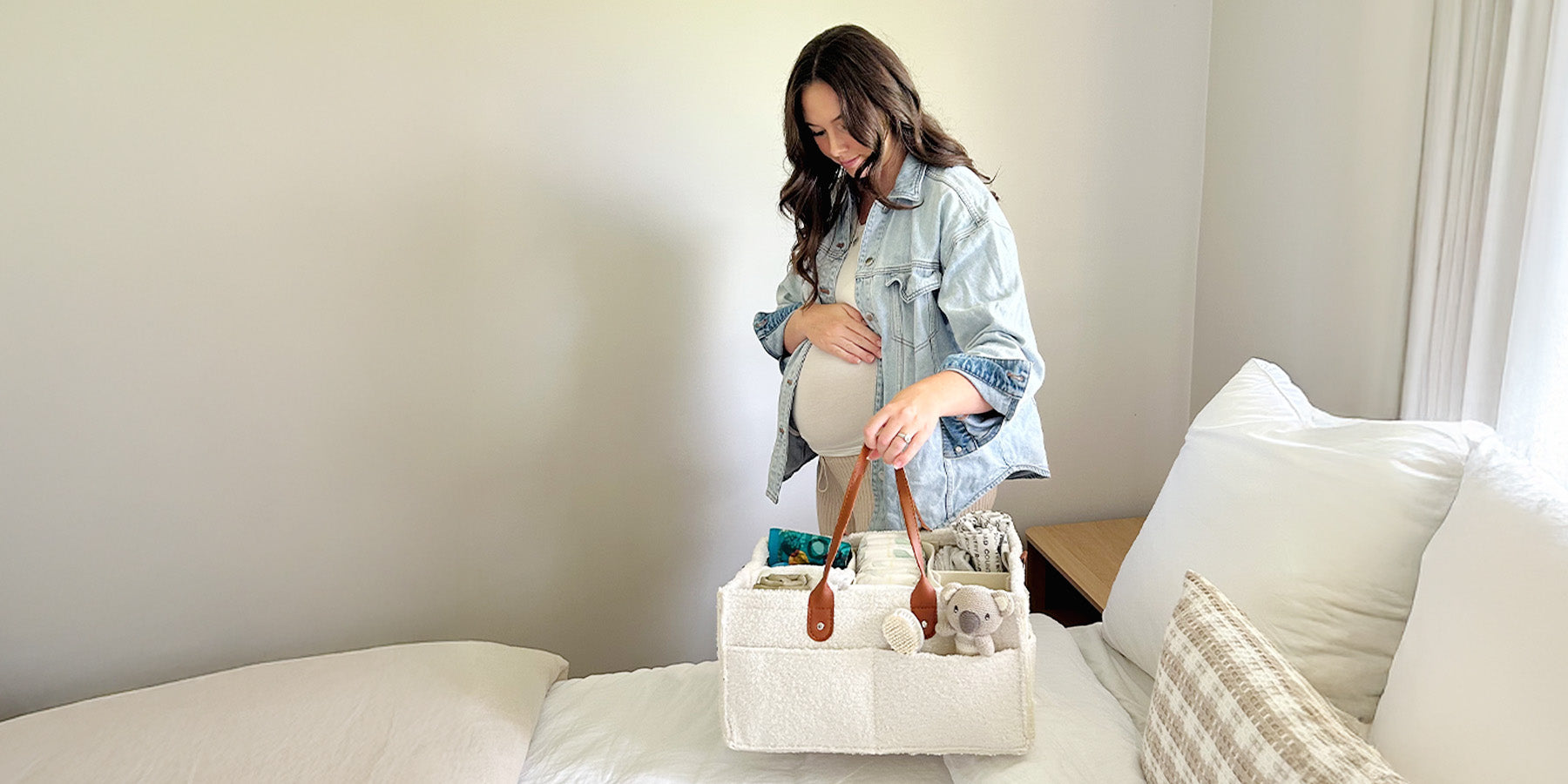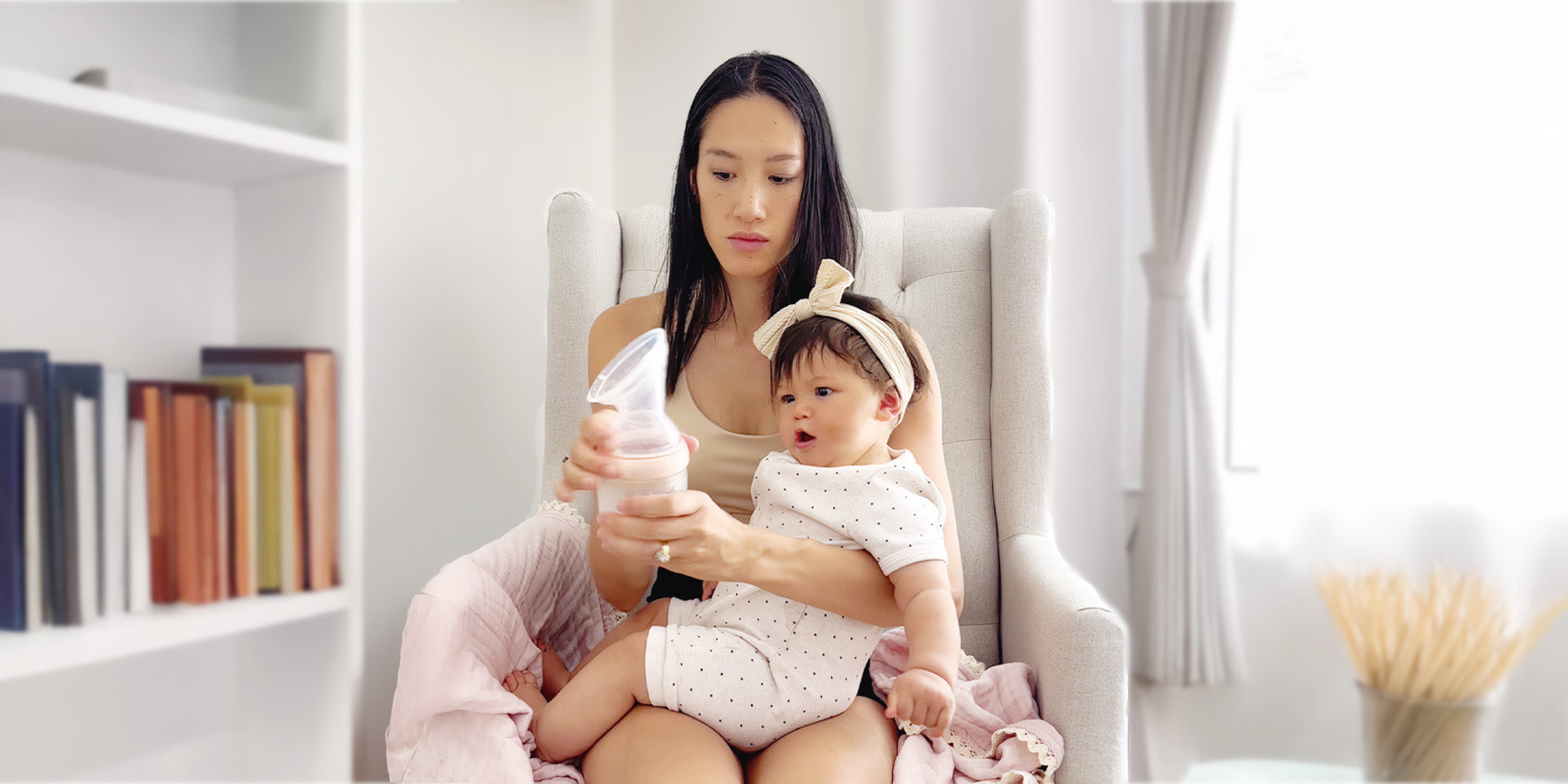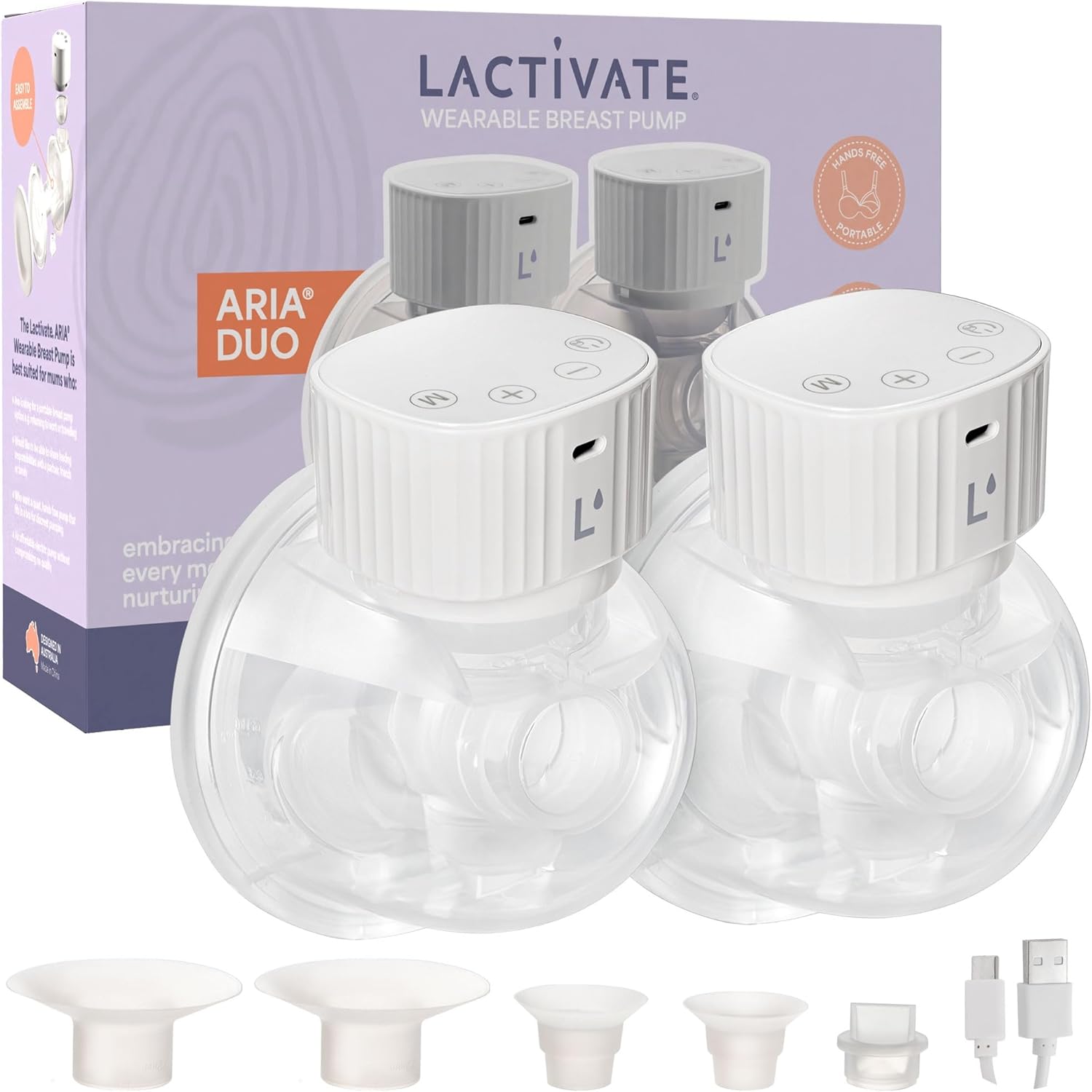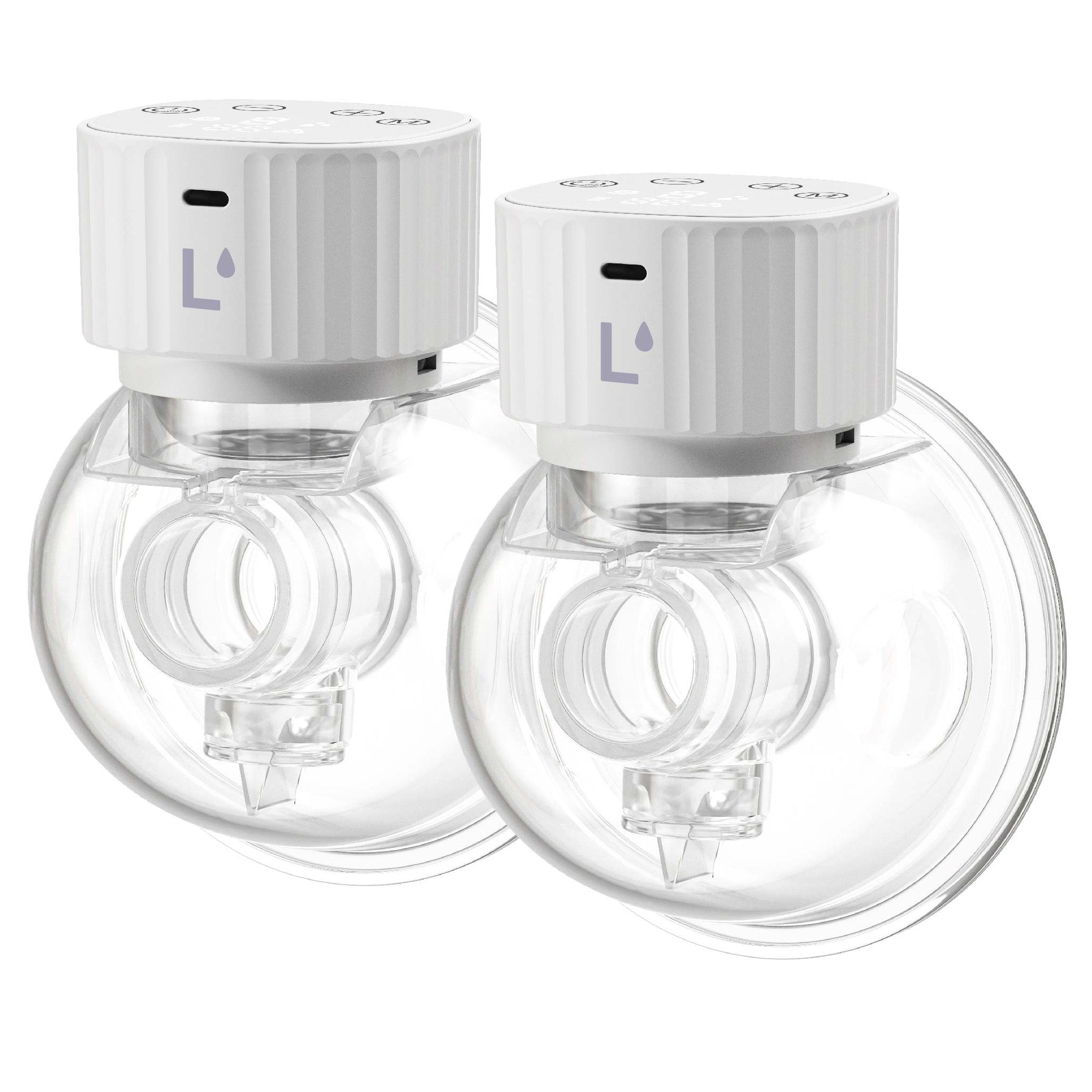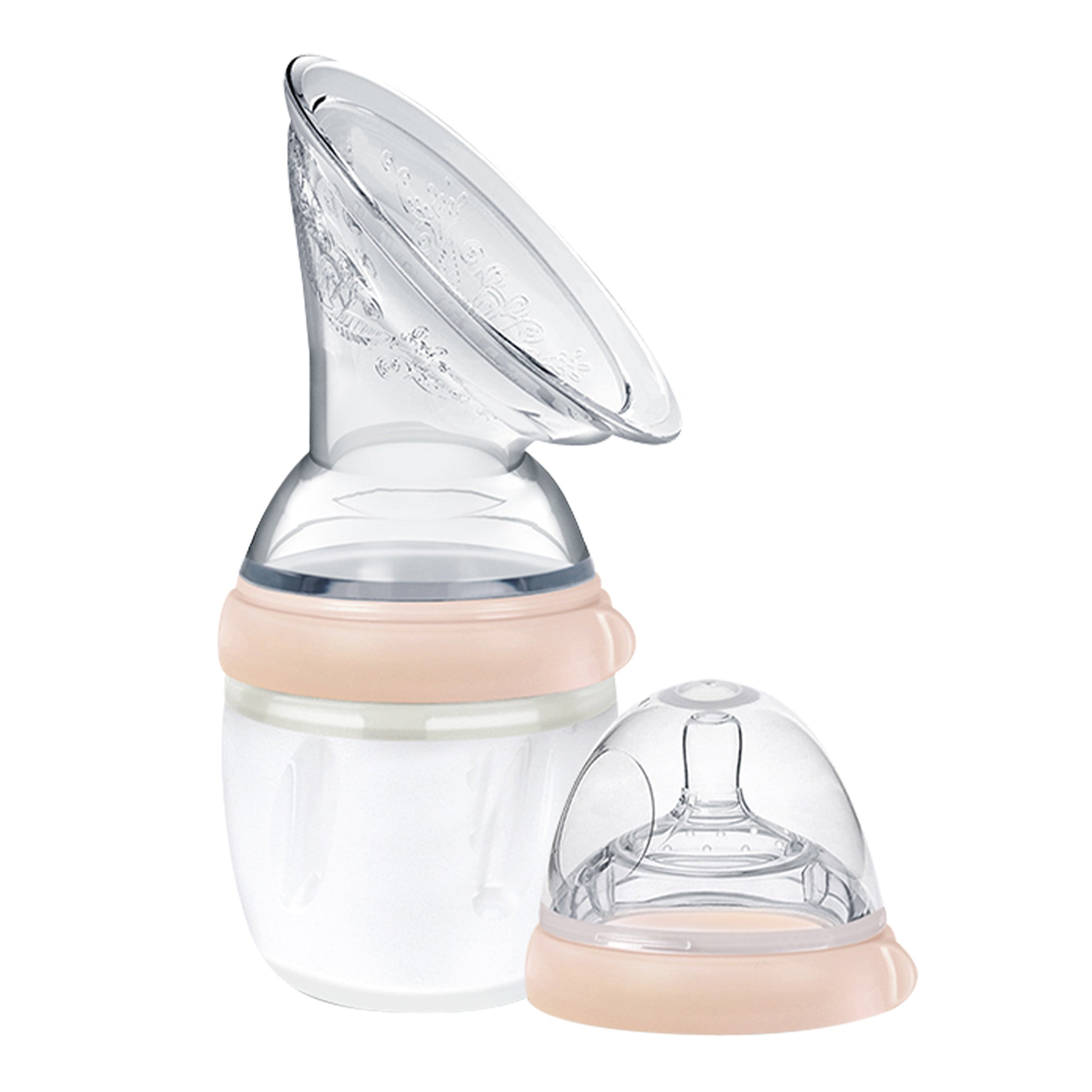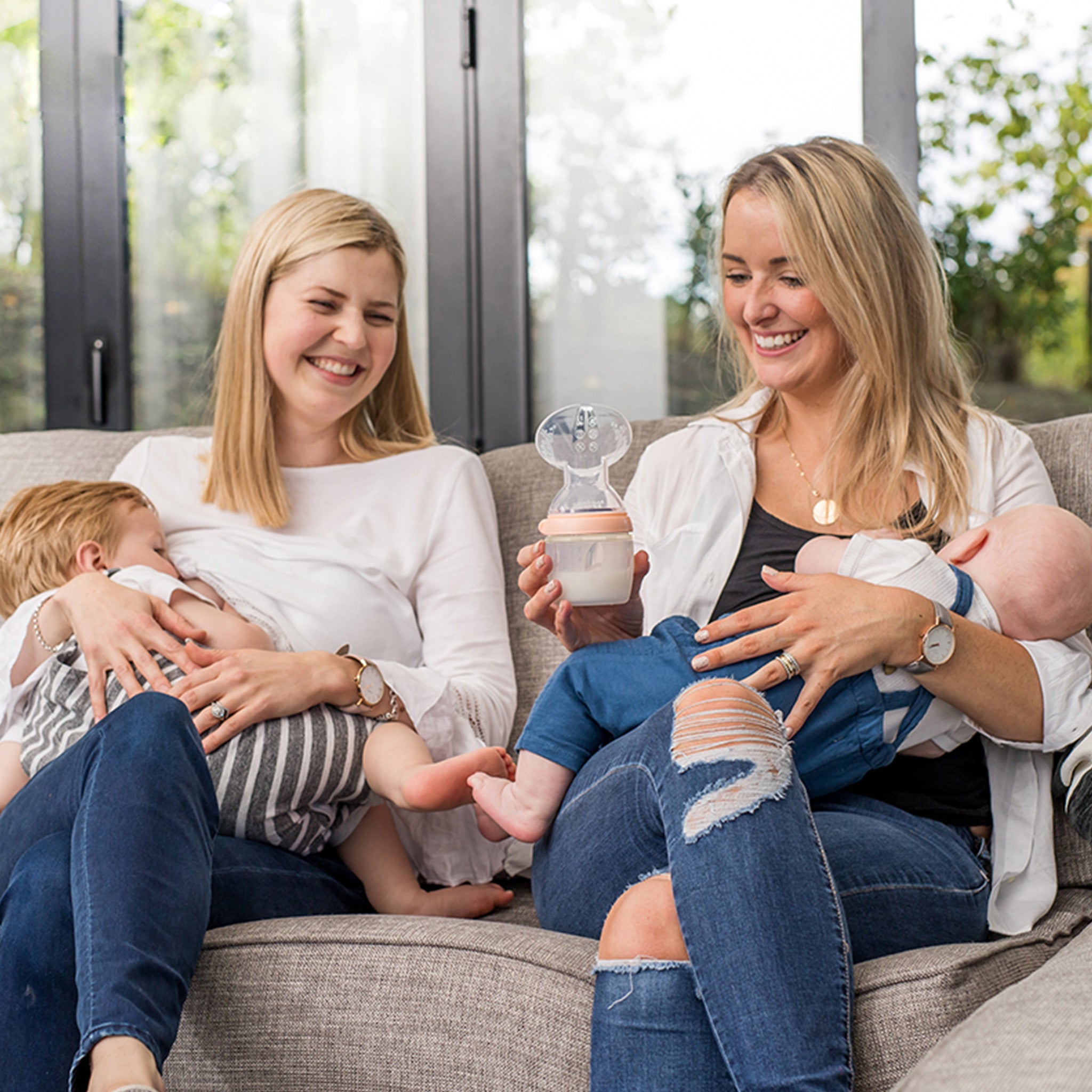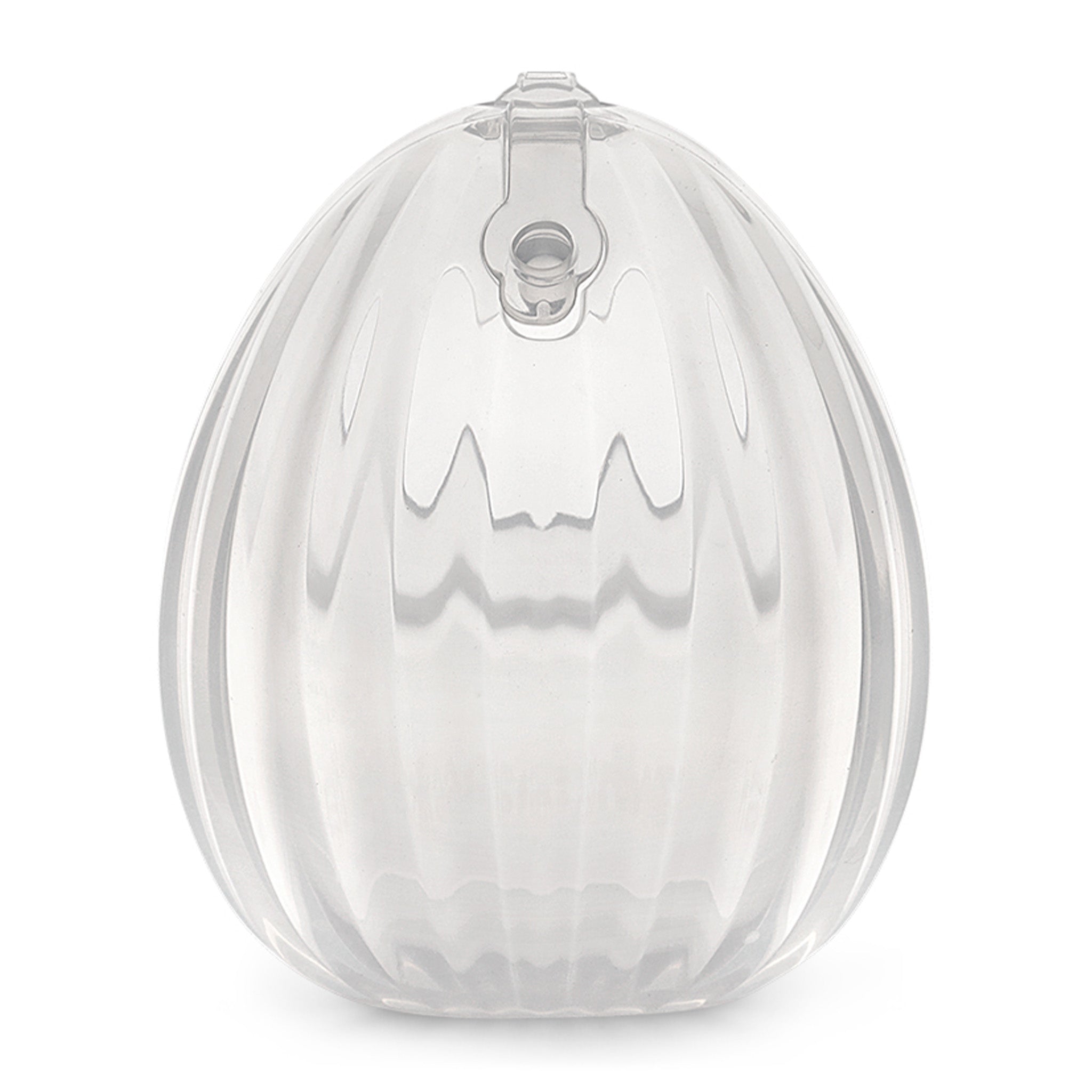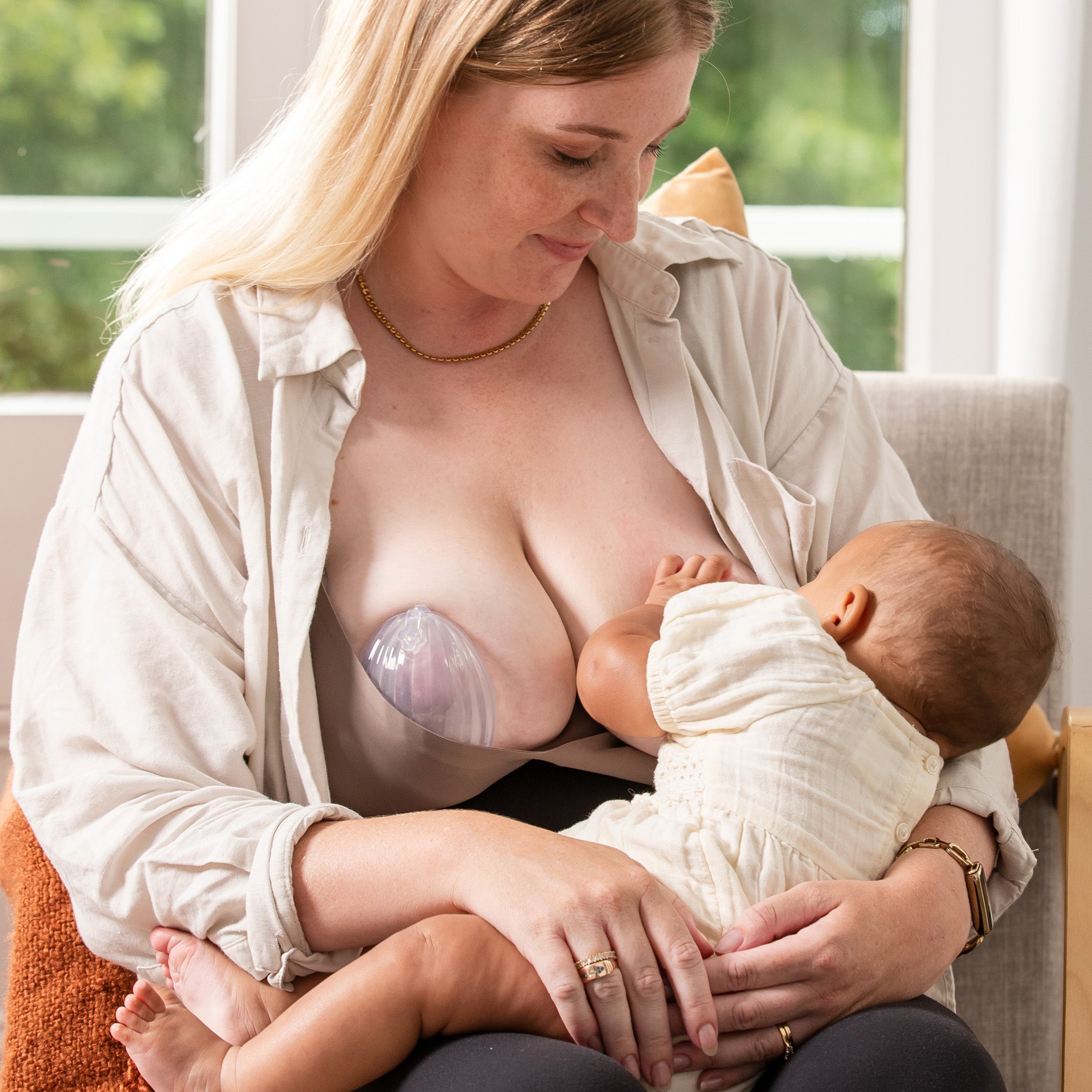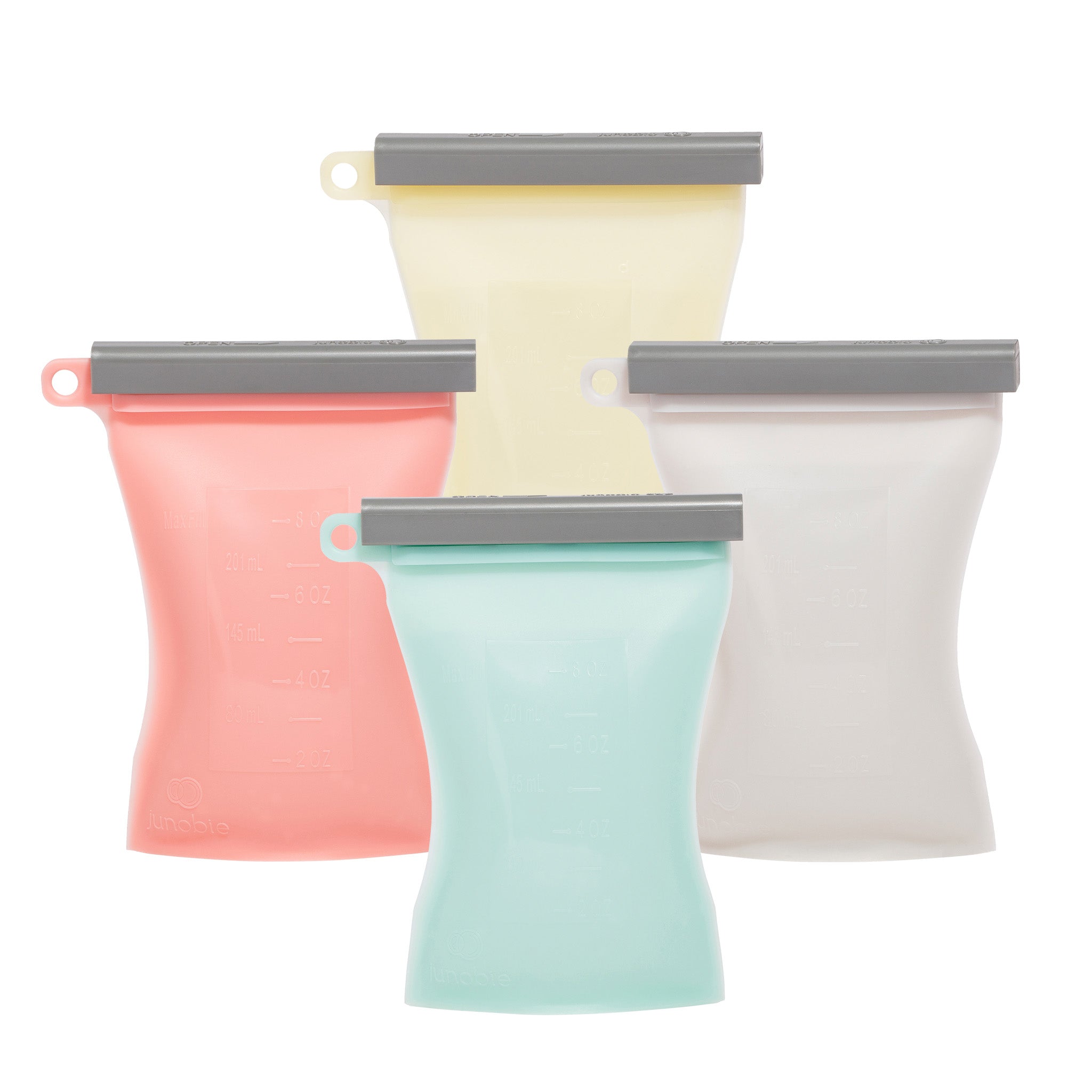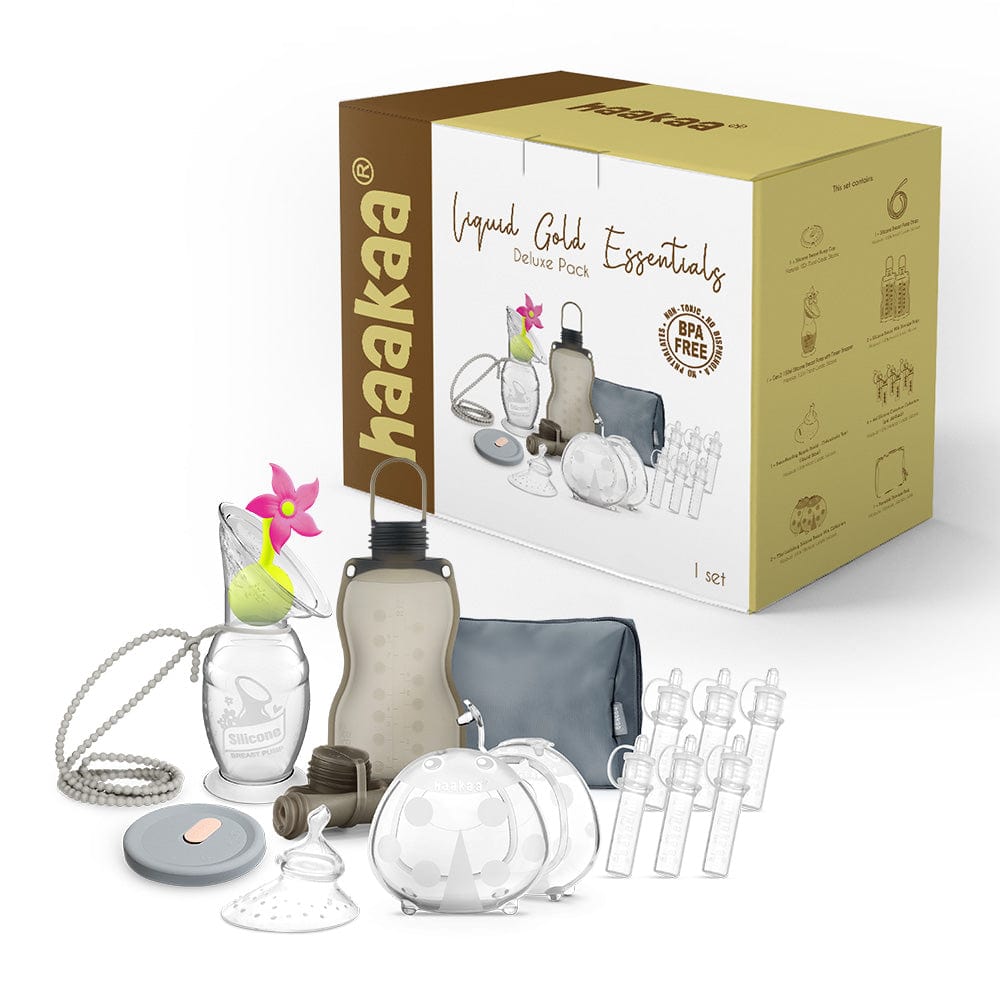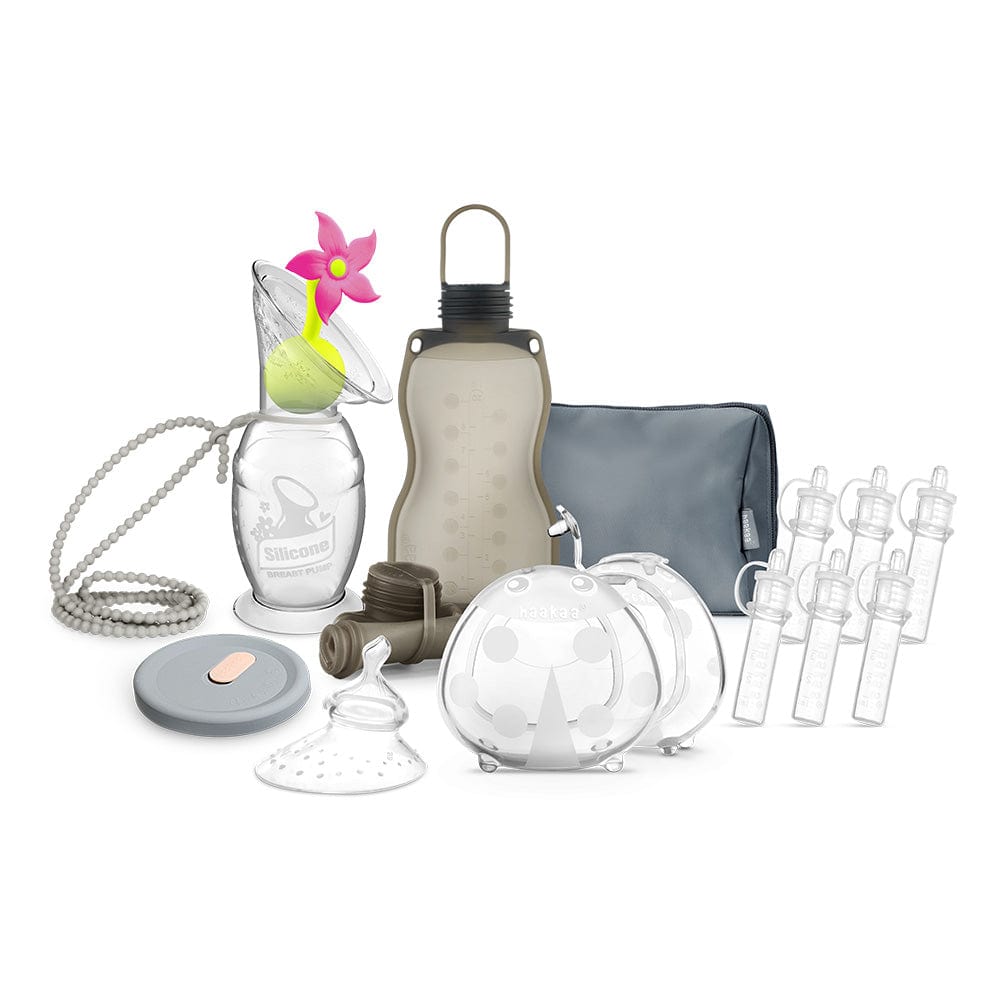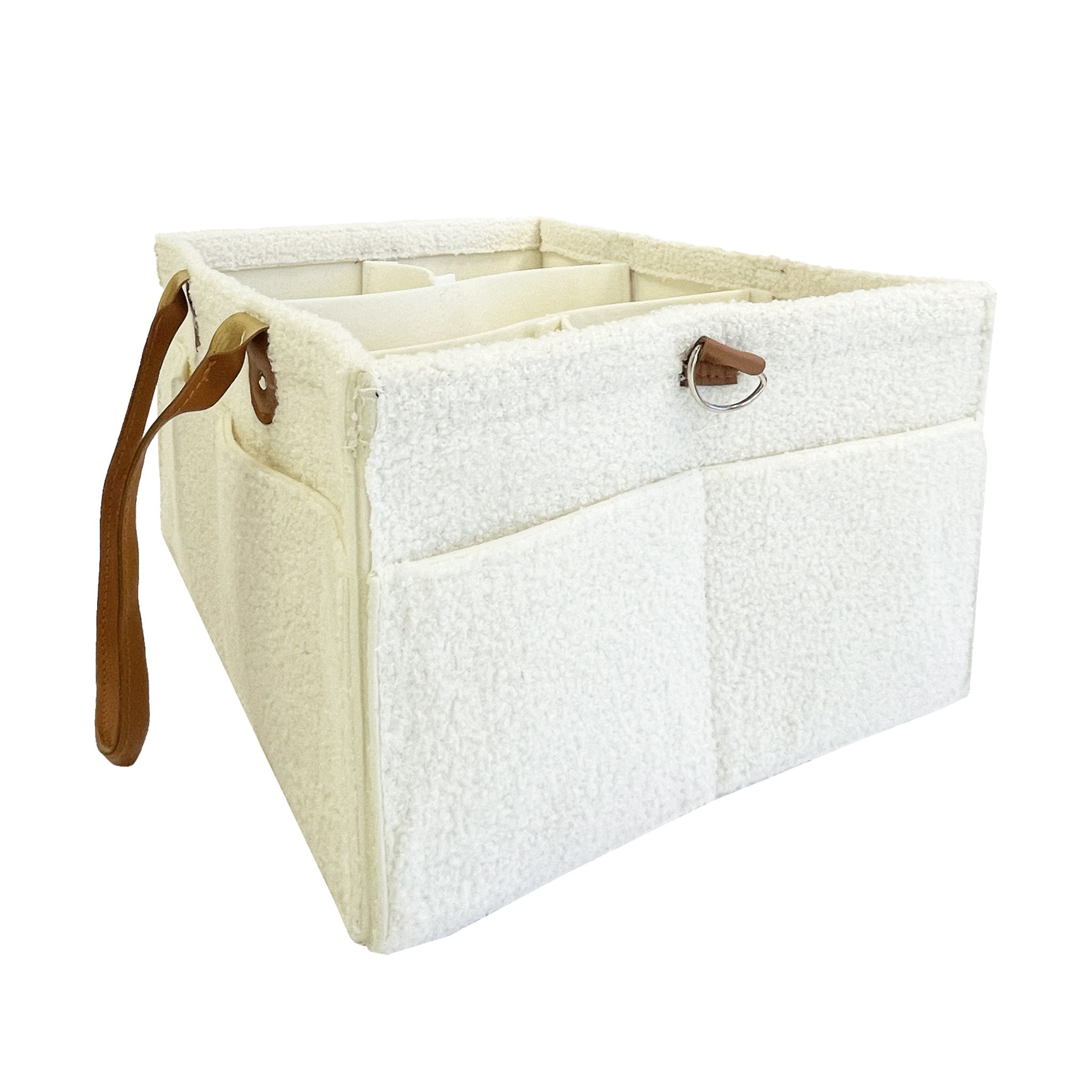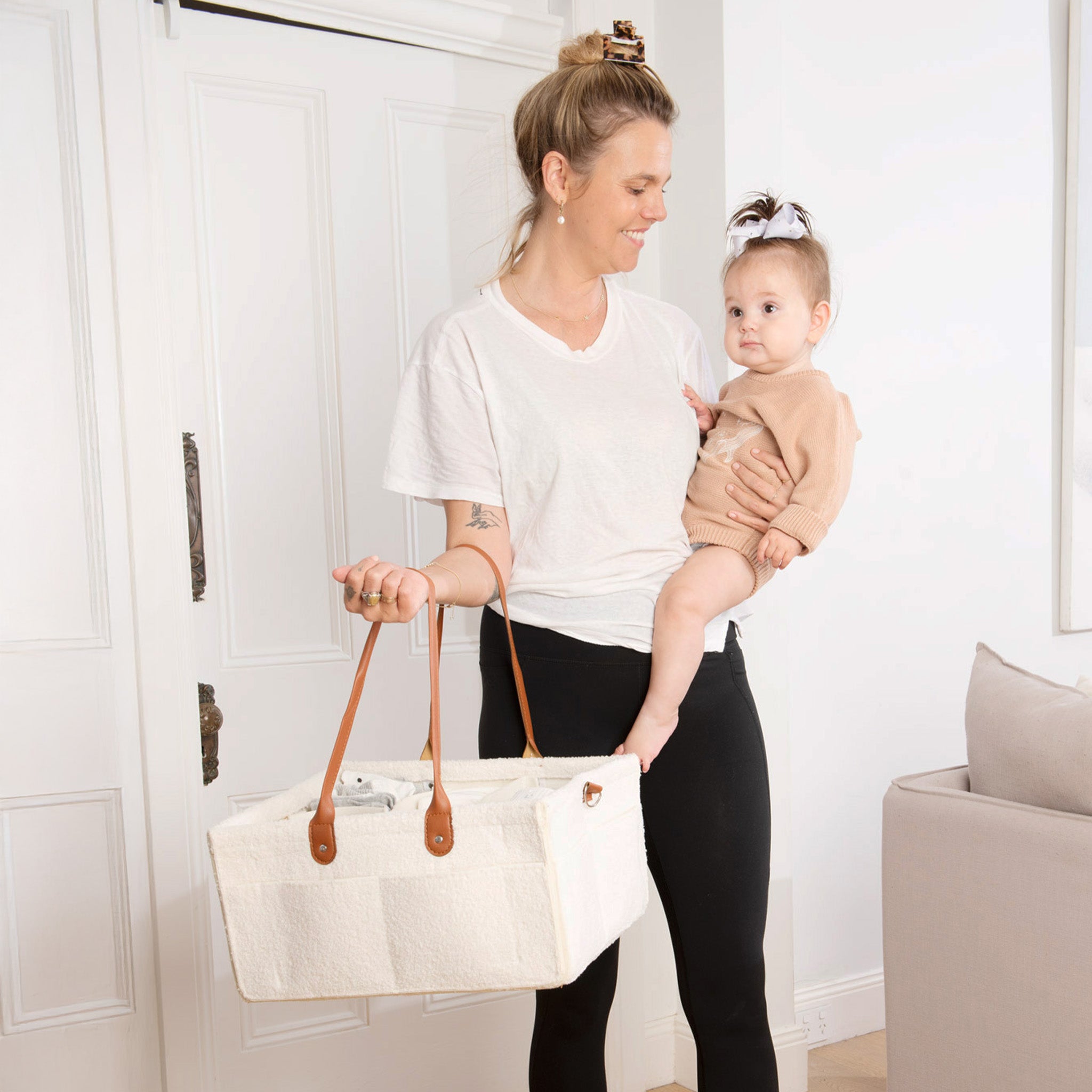‘Nothing can truly prepare you for first time motherhood.’ While it may be a cliché, as women who have ‘been there, done that’, we can confirm that it’s the truth! We are often somewhat prepared for the physical changes; the tender nipples, leaking, well, everything and the hormonal rollercoaster that comes after birth. What we often don’t consider is the financial, emotional, social, mental and even sexual impact that becoming a mother can have.
We’re taking a deep dive into the true impact of motherhood, once you’ve stepped onboard the #mumlife rollercoaster, to help you prepare for the wild ride ahead.
1. #MumLife on Maternity Leave
Ahh maternity leave. It’s often something we dream about in those last weeks of pregnancy, as work becomes increasingly difficult to manage. And while we are incredibly fortunate to have access to Parental Leave Pay (PLP) here in Australia, parental leave is not without it’s challenges. For many women, the shift from the world of work to the world of motherhood is bewildering. Before baby (BB), you may have been a fully functioning employee who was on the ball and adept at balancing all the things that come with a busy career. After baby, there will likely be days where you completely forget to put on a shirt on and end up asleep at strange hours, usually with a tiny person attached to your body in some way.
Your partner may well arrive home to find you in the exact same position they left you in that morning, the cold cups of coffee and half eaten meals the only sign that you were up and about at all during the day. The newborn bubble is beautiful but it’s also exhausting, befuddling and somewhat jarring when you consider your life BB. There is also a unique kind of loneliness that comes with parental leave, especially if you’re in a different life stage to your friends.
I personally remember feeling that life continued as normal for all those around me, my partner included, after my first baby arrived, while absolutely everything in my life had tilted on its axis. It took time for me to find my ‘new normal’ and there was a lot of trial and error along the way.
There is also the financial impact of being out of the work force for an extended period. The government funded Parental Leave Pay (PLP) scheme entitles primary carers of a newborn or newly adopted child up to 18 weeks of leave, at the National Minimum Wage (From the 1st July 2023 this is increased to 20 weeks at minimum wage). Some women may also have access to paid parental leave through their employer. While access to both things can make a huge difference, the reality is that many women will take a significant pay cut during their leave, especially if they only have access to the PLP and have been earning above the minimum wage. A reduction in income can be hugely stressful for couples, especially during a time of so much change (and lack of sleep!). Preparing for the financial realities of parenthood is incredibly important in ensuring this period can be managed with the least amount of financial stress.
Top Tip: As Centrelink can take time to process your Paid Parental Leave after the birth of your baby, make sure to begin your application ahead of the birth. Your hospital will supply you with the paperwork neccessary to complete your application when you are discharged.
2. The village myth
‘It takes a village’ is a long-perpetuated adage to remind new parents that it was never meant to be done alone. And while this is absolutely valid, finding that village and indeed, accessing much needed support, isn’t always easy. With more and more people living away from family and having children at a later age, family support isn’t always a given. Ditto support from friends who may either have their own children of a different age or not yet have any. Enter loneliness and lack of support at a time when you may be in desperate need of help, reassurance and a hug.
While there isn’t always an easy solution to finding your village, there are ways of finding help and building a strong support structure. Your early childhood centre and associated programs like Mother’s Group and New Parenting classes are a great way to connect with people in the same life stage as you are. If you can manage it financially, outsourcing tasks that you’re finding tricky; cleaning or food preparation for example can make a huge difference. I was gifted a fortnightly cleaner for 12 weeks after the arrival of my second child and it was an absolute gamechanger.
It’s also useful to identify what you’re struggling with and take any help that is offered. Friends or family who may not be able to provide in-person support could want to help by providing access to meal kits or a meal delivery service. Friends who may be working during the day may offer to cook and deliver a meal in the weeks after birth. Your friendly neighour may offer to take out the bins and pick up the mail. ACCEPT THESE OFFERS. As women we often hate asking for help or accepting it when offered as we want to ‘do it all’ but the postnatal period is not the time to be superwoman. A little bit of help and support goes a long way so take it when it comes!
3. Mental Health and New Motherhood
While it’s much better understood and recognised than in the past, Post-Partum Depression and Post-Partum Anxiety can still be a sneaky presence that takes new mothers by surprise. It is estimated that around 80% of women develop the ‘baby blues’ in the initial days after birth, thanks in large part to the cocktail of hormones rushing around after delivery and while breastfeeding is initiated. For many, the baby blues will pass around day 10 and they will return to a general state of equilibrium. For some however, the blues may hang around and, in 1 in 7 to 10 women, become PPD or PPA. It can sometimes be hard to differentiate. New mums can feel overwhelmed, tearful and at times, anxious about their new lives. This is generally a completely normal reaction to a massive life change. It’s when these feeling begin to become severe and unrelenting that help needs to be sought. PPD and PPA are both treatable conditions that can be resolved with the right help. It can be tough to take the first step and speak to your partner, caregiver or GP about how you’re feeling but it truly is so incredibly important. As a new mother you deserve to feel good. Living under the shadow of depression and/or anxiety is exhausting and can sap all the joy out of the life that you deserve to enjoy with your new baby. If you feel like something isn’t quite right or are struggling to shift the blues, speak with your caregiver or contact one of the services, like PANDA or Lifeline, available Australia wide to help women who are struggling.
4. And baby makes three.
The arrival of your newborn and watching your partner become a parent for the first time is one of the most amazing experiences you can have. As two become three however, you may find that parts of your relationship have shifted. As previously mentioned, the unique loneliness you can sometimes experience in the initial weeks of new motherhood can sometimes cause some frustration and or resentment as you watch your partner return to ‘normal life,’ while everything in your world has shifted. I still remember watching my husband return to work, a few weeks after our baby had arrived, and marvelling at just how ‘same old, same old’ life was for him between the hours of 7.30pm-4pm. He didn’t need new clothes to fit his changed body (and boobs), he left the house to interact with other people, eat lunch at its ‘proper’ time and enjoy endless hot drinks without a crying newborn or leaking boobs. Of course, leaving us at home was tough for him as well; he wanted to spend time with our son and support me as much as possible, but it was difficult for me to see that in amongst the sleep deprivation, breastfeeding struggles and constant feeling of Groundhog Day.
It’s also likely your social lives, both together and in a group setting will have shifted. ‘Date nights’ will be different, often dictated by breastfeeding and sleeping patterns (and the fact that you’re just exhausted!). Spontaneity becomes a thing of the past. Who you were as a couple will be different and that can be hard to get used to. Sex and physical intimacy may also take a back seat, especially in the initial weeks after baby arrives. While most women are given the ‘all clear’ at their 6-week check-up, many do not feel at all ready for sex at that point. Birth and breastfeeding have a huge impact on your body physically and emotionally and it can take time to feel comfortable with physical intimacy. Speak with your caregiver if this is something you are concerned about. They can help alleviate your fears and support you in any issues that you may be facing, both physically and emotionally. And speak with your partner! They have also had a huge change to their lives and will likely be on the same page and want to ensure that you are feeling supported and comfortable in all forms of intimacy.


